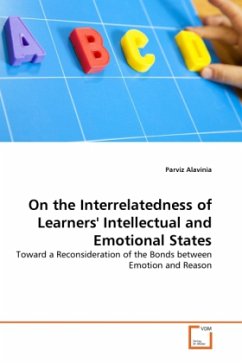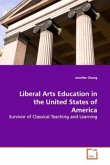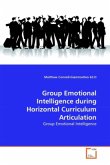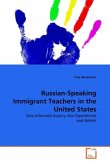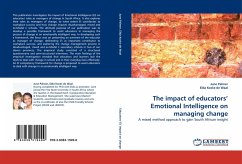Soon after its emergence in the early 90s, emotional intelligence turned to a focal area of interest for a tremendous number of researchers from several neighboring disciplines. A fleeting look through the partially neglected domains falling within the scope of EQ-oriented probes might help divulge the alleged dearth of studies on the ostensible linkages between emotional intelligence and the learners' general thought processes. To help bridge the seeming gap in this regard, the current study strived to investigate the liable go-togetherness between the subcomponents of Bar-On's EQ-i and three major subscales of Sternberg's TSI. In line with the findings gained through the current probe, several instances of significant correlation between the scores on three subscales of Sternberg's TSI and those of Bar-On's EQ-i were encountered that urged the researcher to conclude that manipulating the learners' thinking styles in an appropriate manner may contribute to heightening their EQ level. Finally, it is thought,language practitioners, curriculum designers, and textbook writers, are among the ones who might benefit from the results of the current study.
Bitte wählen Sie Ihr Anliegen aus.
Rechnungen
Retourenschein anfordern
Bestellstatus
Storno

